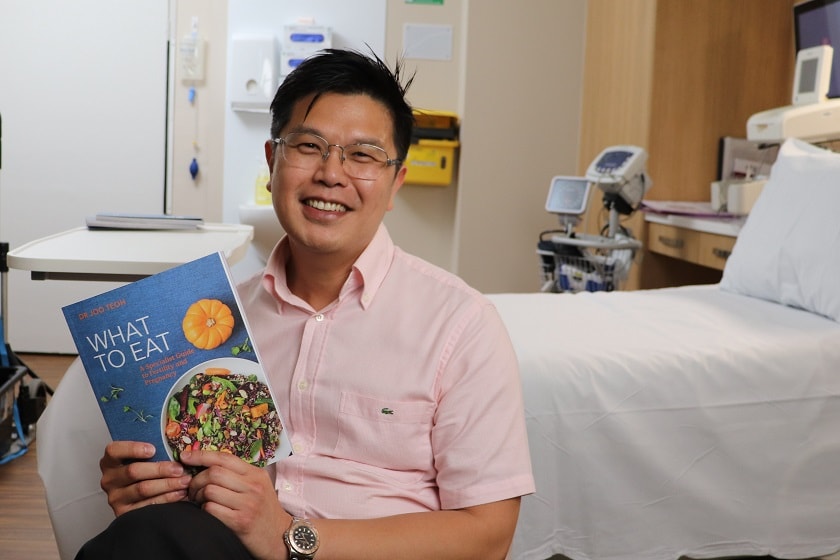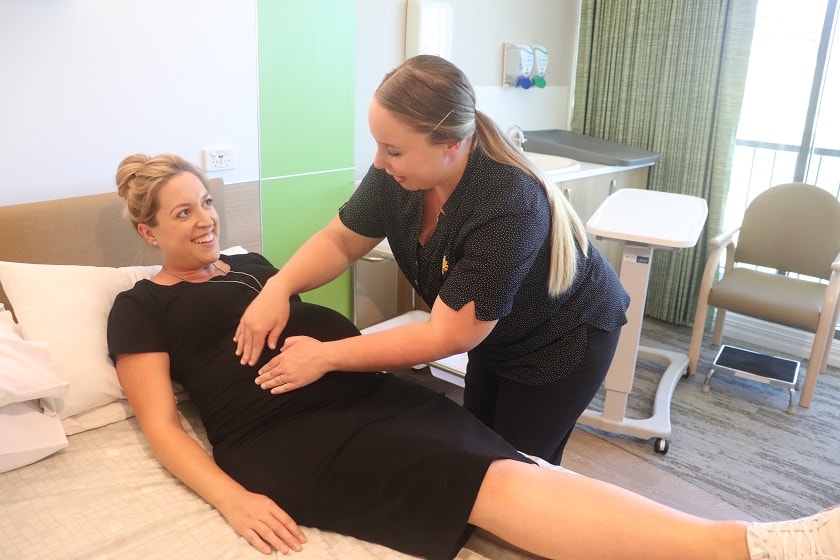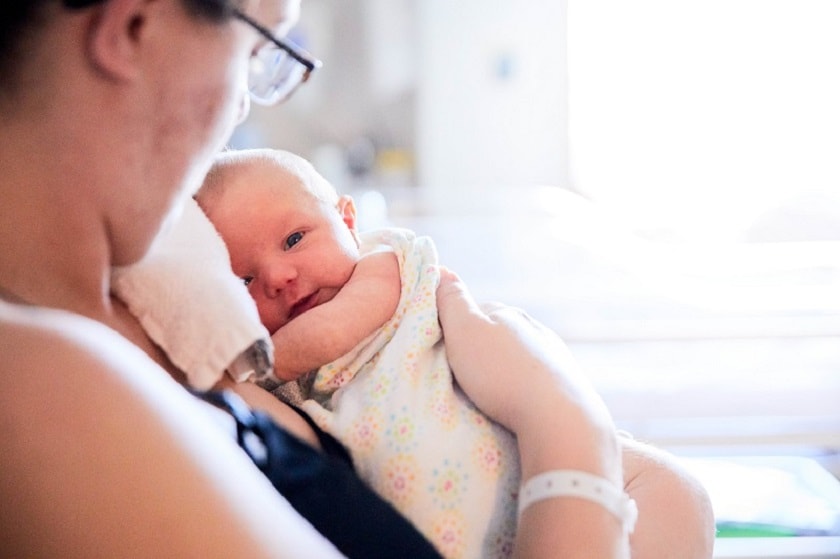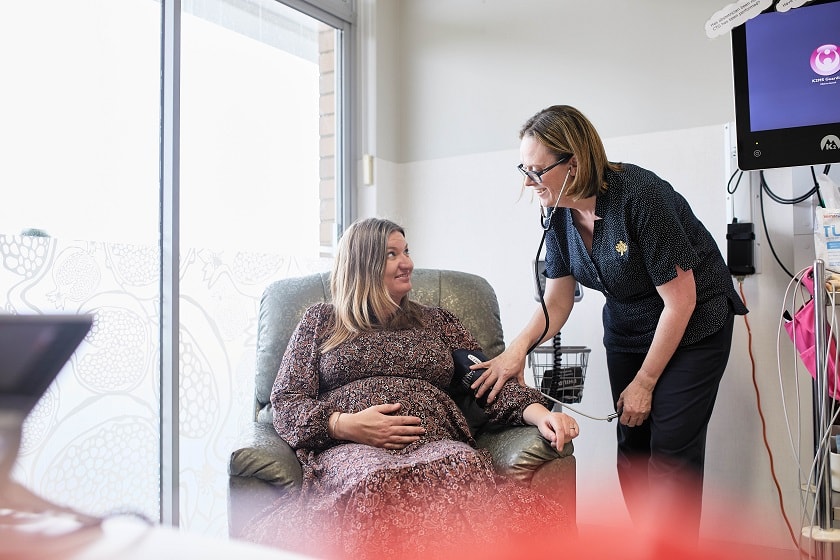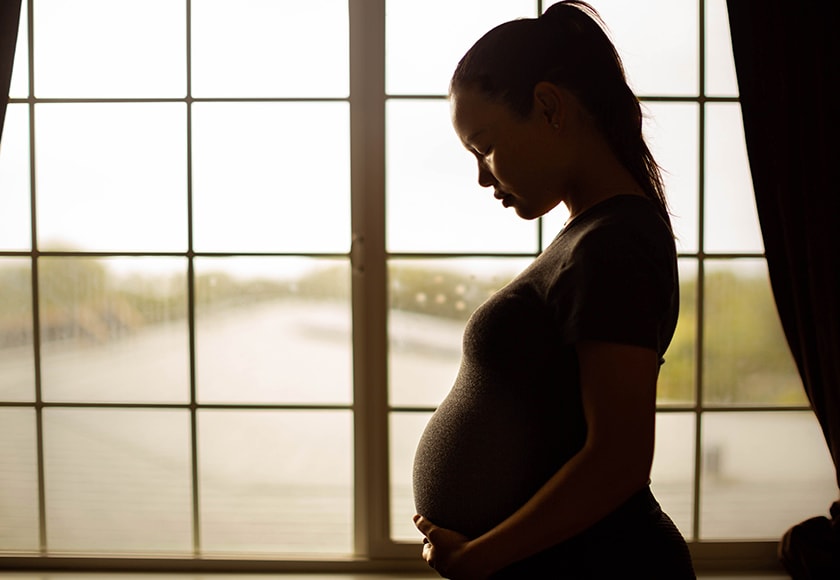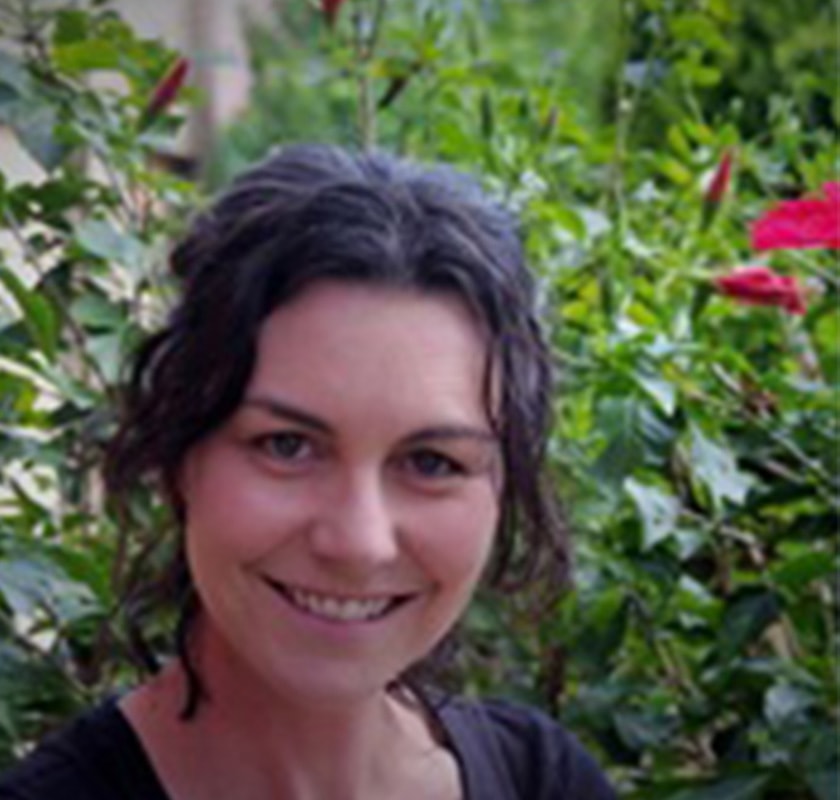The environment and nutrition in the first 1000 days of their lives, from conception to the second birthday, have a great impact on children’s mental and physical wellbeing for their whole lives.
A holistic and healthy lifestyle not only ensures the healthiest possible pregnancy, but also enhances the chance of conception. The goal can be achieved by healthful eating, exercising, optimal work-life balance, support from friends and families, and adequate good quality sleep.
Obstetrician and Gynaecologist Dr Joo Teoh outlines a research-based, balanced way of eating to prepare for conception and pregnancy:
I generally recommend the Mediterranean diet for women trying to conceive and mums-to-be. The groups of food in this diet include good/healthy fats, vegetables/plants, antioxidants, fish, high quality lean meats and unprocessed, fresh ingredients.
In the Mediterranean diet, the principal source of fat should be from olive oil. Other recommended healthy fats include monounsaturated fats in avocado and nuts, and also omegas in fish. These groups of good fats have been shown to be beneficial for pregnancy and fertility.
We can further enhance our fertility and pregnancy health by limiting saturated fats such as those found in red meat, and trans-fat in margarine and other processed foods. Fast foods are generally fried with these fats, and alongside with artificially sweetened drinks contain a high amount of refined sugar. Overall, these groups of food have been found to have detrimental effect on fertility and pregnancy.
I always recommend a balanced diet with the main portion consisting of vegetables, wholegrains, fish, fruits, legumes, good fats and good quality proteins mostly from dairy and lean meat. Sometimes supplements can also be helpful to ensure babies are getting all the vitamins and minerals that they need.
Overall a good diet can help, either directly or indirectly, to reduce complications during pregnancy such as diabetes, pre-eclampsia or the requirement for caesarean sections in some cases. In the longer term a healthy diet can help the baby’s physical health to prevent long term illnesses. It also contributes to the brain development and intelligence.
While I recommend the Mediterranean diet there are some modifications that must be considered.
Pregnant women should avoid:
- Alcohol
- Liver and offal as the vitamin A content is too high
- Soft cheese, pate or uncooked meat to avoid listeria and salmonella infection
- Mo more than two portions of oily fish e.g. mackerel, salmon or tuna, in a week due to the presence of mercury. Fish with a high mercury content such as sword fish and shark should be avoided altogether.
Dr Teoh’s tips to eat healthy:
- Use fresh ingredients.
- Eat plenty of vegetables and some whole fruits.
- Include healthy complex carbohydrates like wholegrain.
- Eat some protein every day, which can include two portions of fish per week.
- Get to know the herbs that you like and if they can be used in several ways.
- Enjoy simple cooking– it doesn’t have to be too complicated e.g. one pot or one frypan recipes.
- Do not aim to “eat for two”. Choose nutrient-rich wholefoods instead.
- Don’t confuse hunger with thirst and make sure you are drinking enough water.
- Replace boredom eating with activities or socialising.
- Always wash your hands before and after handling food.
- People with specific diets or existing medical conditions should always consult their doctors before changing their diet.
For more information about healthy eating for conception and pregnancy listen to Dr Teoh’s podcast on the topic.

